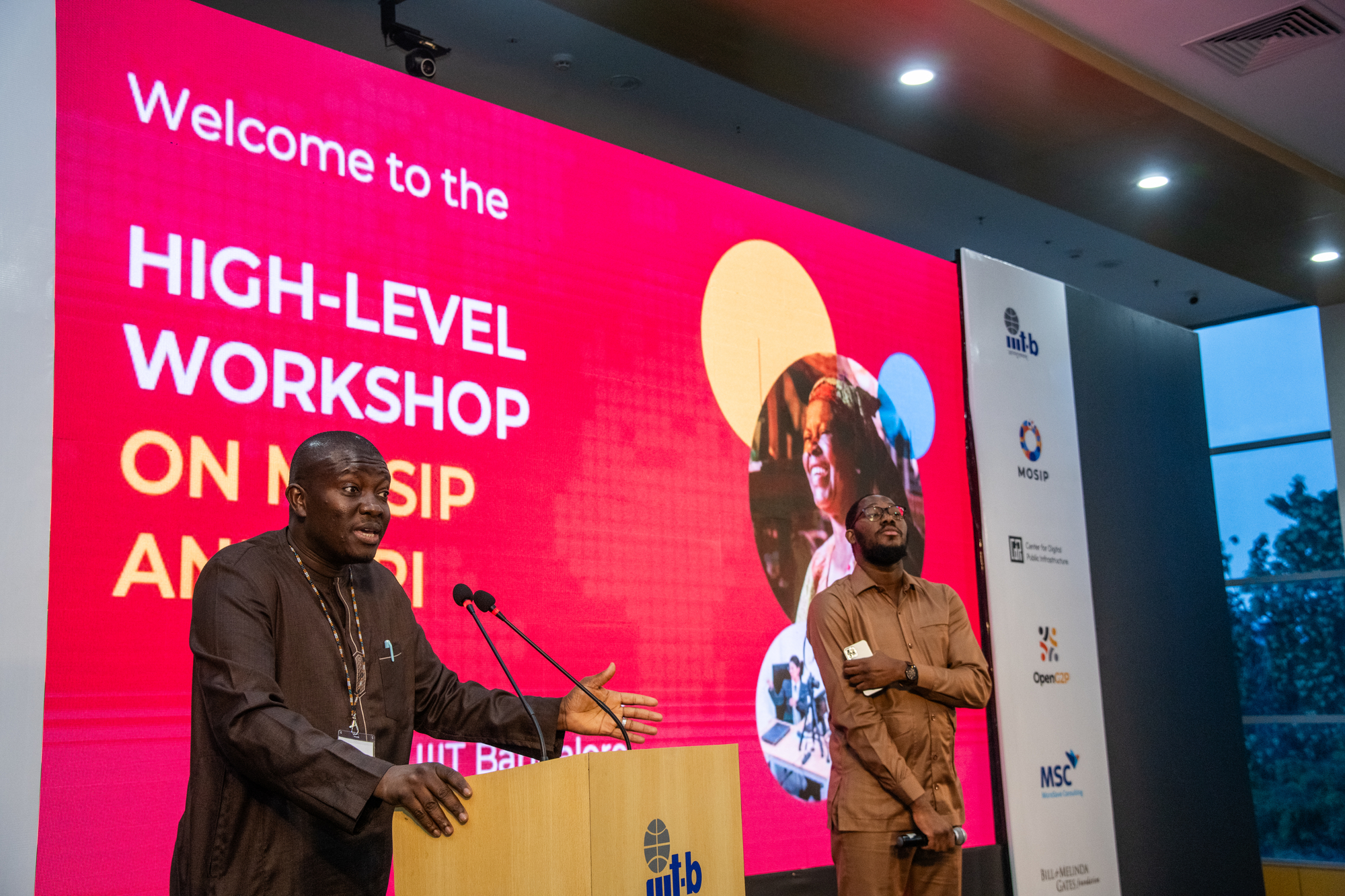At a glance
- Digital public infrastructure (DPI) is a set of digital systems that enables countries to safely and efficiently provide economic opportunities and deliver social services.
- DPI spans the entire economy, connecting people, data, and money in much the same way that roads and railways connect people and goods.
- Countries that build safe and inclusive DPI can:
- Create a vibrant and competitive economy
- Foster trust between governments and citizens
- Deliver essential services and create economic opportunity across many sectors—including finance, health, and agriculture
- Safe and inclusive DPI can ultimately help advance progress toward the Sustainable Development Goals and ensure that everyone can prosper, especially women and people with the lowest incomes.
Our strategy
Our partners
An organization that provides technical assistance to countries to help them establish instant and inclusive payment systems.
A resource mobilization platform that receives funds from multiple donors to support countries in building DPI.
A multi-stakeholder initiative to facilitate the discovery, development, use, and investment in digital public goods.
A provider of open-source software that lowers the cost of building, maintaining, and modifying inclusive instant payment systems to bring affordable, connected digital financial services to anyone with access to a mobile phone.
A provider of modular and open-source technology that enables countries to build and own their national identity systems.
Initiatives that provide technical assistance to countries and regions in adopting identification systems and government-to-people digital payments, respectively.
Related programs

This foundation team works to expand access to digital financial services so people in the lowest-income communities around the globe can build security and prosperity for themselves, their families, and their communities.

This foundation team works to harness the power of finance and economics to address poverty and inequality.

This foundation team works to reduce the gender gap in digital connectivity so women and girls can participate more fully and thrive in the economy.










